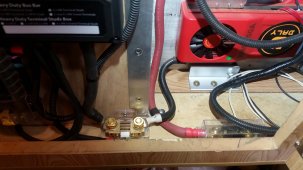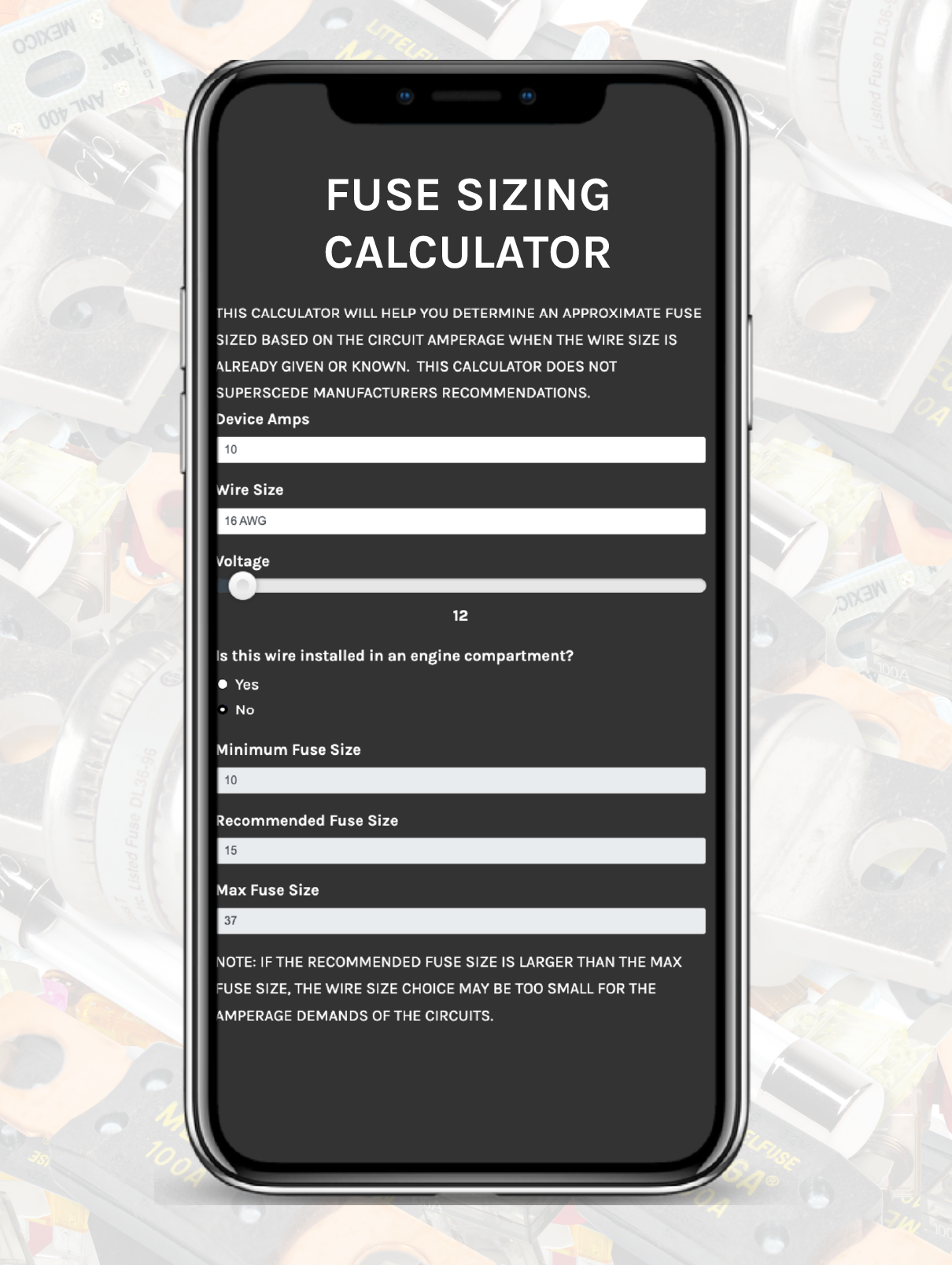You can't have a 32A breaker between the SCC and battery if you are planning on the 100/50 SCC. The 50 means it outputs up to 50A to the battery. First, make sure you choose wire that can handle the 50A. Then you want 65A breaker, not 32A.
It's really really important you remember the most important basics. Based on the needed current in the wire you must choose a wire than can safely carry that current and not cause too much voltage drop. Once the wire is properly chosen you then pick the fuse/breaker size. The size you choose must be between the expected current and the max safe size for the chosen wire. A simple rule of thumb is 1.25 times the needed current then rounded up to a size you can actually get. But you must make sure this size is not greater than the max safe size for the chosen wire.
You must follow these steps for every single wire and fuse/breaker in your system. If you choose a wire that is too small then it can be very dangerous. Or at least it can cause problems. If you choose a fuse that is too large for the wire then it does no good. The wire will fail before the fuse. That's bad. Choose a fuse that is too small and it will needlessly trip.
The breaker you use between the panels and the SCC must be chosen based on the wire and the expected current which is determined by the panel configuration and their specs (Isc and Impp). You must also remember that the breaker must be able to handle the Voc of the panels based on their configuration. It's common for the Voc of the panels to be higher than many typical breakers are designed for so be sure to verify that too.
That's a bad idea. You can't just choose an overly large fuse. If you plan on the 4AWG wire then putting a 320A fuse is as bad as having no fuse. The 4AWG wire will burn long before you get anywhere near 320A. You must be using at least 2/0AWG wire to safely use a 320A fuse.
ok i misread what you said earlier "Nothing wrong with using bigger wire or bigger bus bars."
As far as the 32a breaker for the SCC , we came to this number yesterday based on this
"If you wire them in series using Vmp you'd have: 20.4v + 20.4v + 16.77v + 16.77v + 17v = 91.34v * (lowest amps = 9.45a) = 863w. This would be 863w/940w (max) = 91.8% of the max."
so with the higher voltage , the max amps would be 9.5 , thats why i thought the 32a would be sufficient
the fuse between the inverter and battery is already installed and came with the inverter so i know thats good
the fuse between the dc charger to battery is recommended based on this
ill stick with the 250a bus bars
as far as the class t , i will prob use 2 guage wire from the class t to the battery , or 4 guage , only reason i selected that 320a class T was because it was priced well and its hard for me to find 150a class t fuses on amazon that have good reviews ,
im going to do more research on how to pick fuses , youve been very helpful





